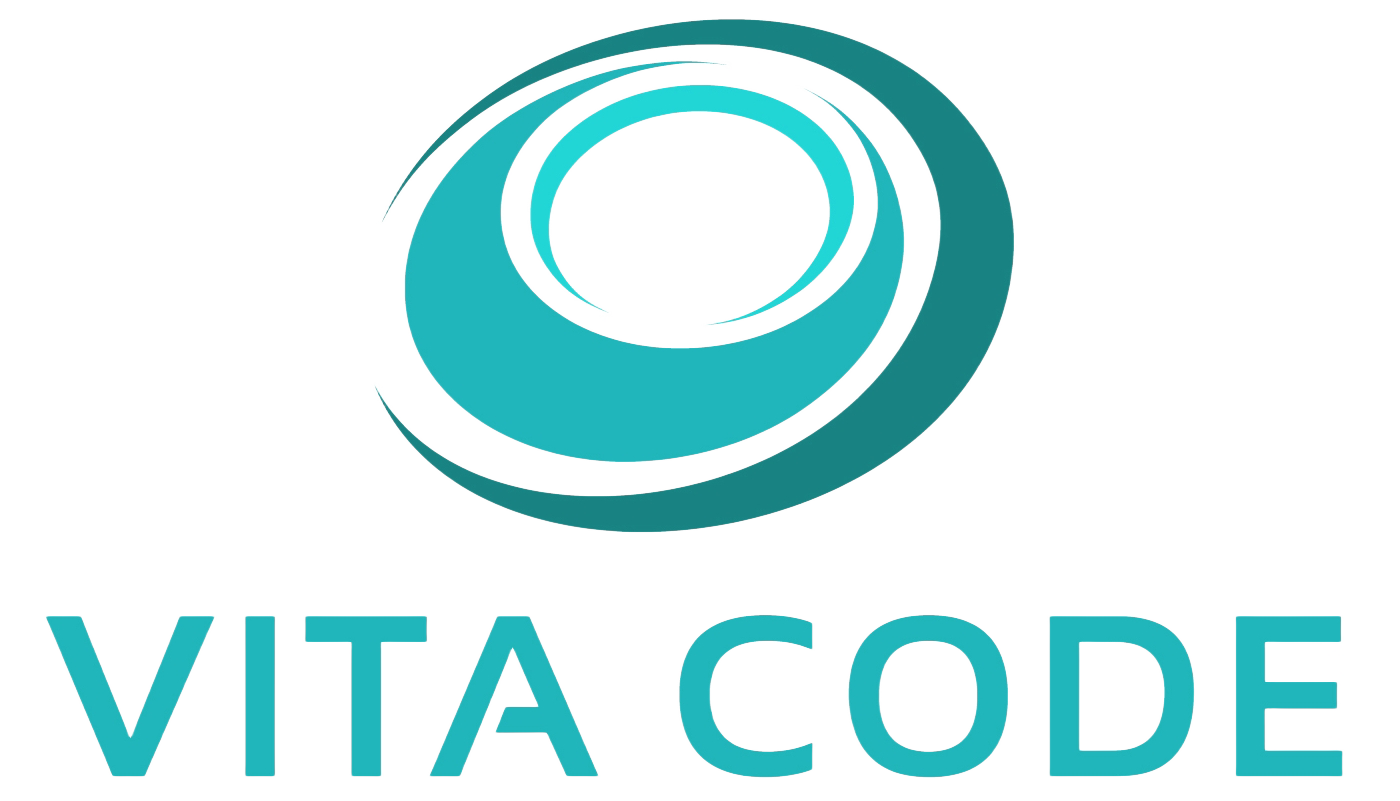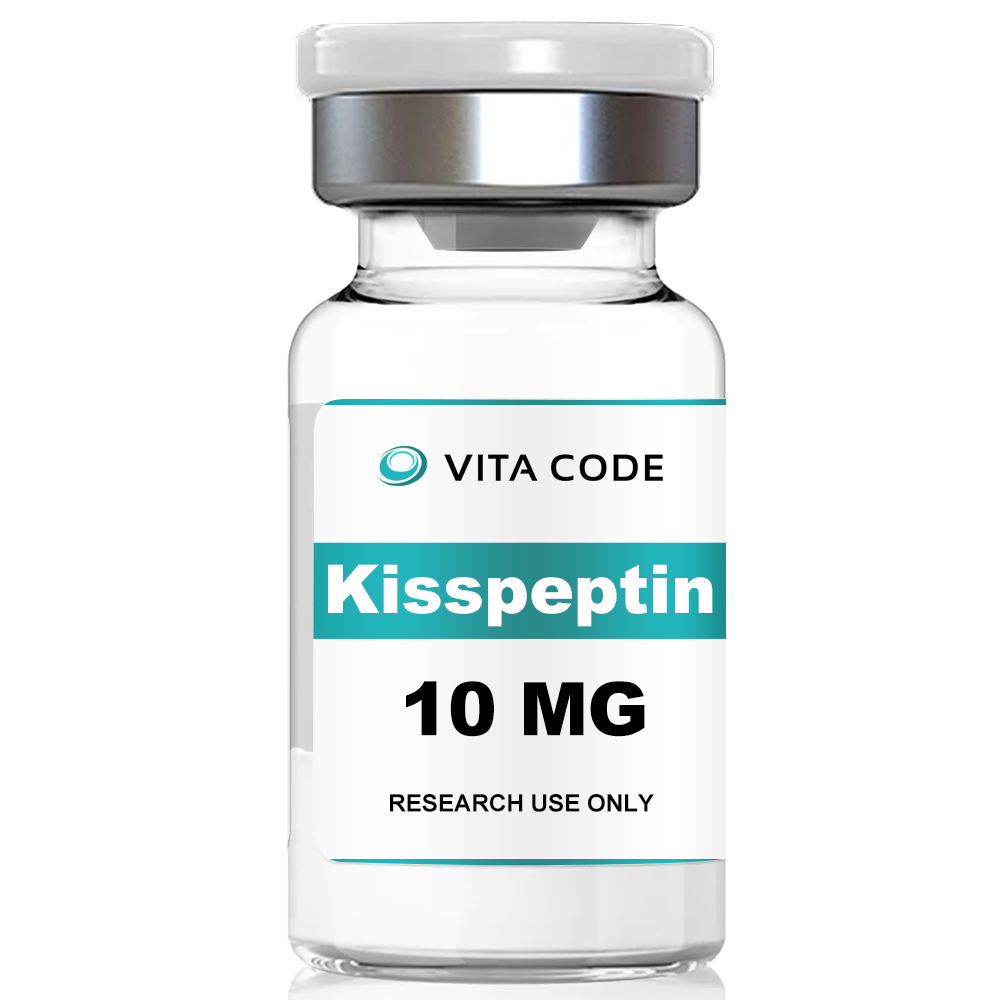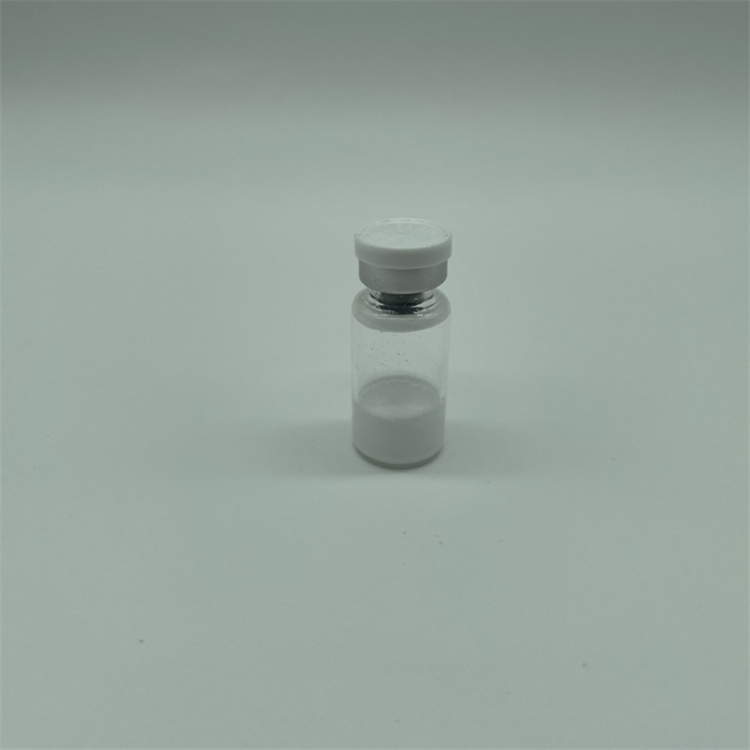Kisspeptin 10MG
Kisspeptin acts to control hormone secretion as it relates to reproduction. Kisspeptin can influence testosterone levels and sex-related behaviors like drive and motivation. Research also suggests it may help to reverse some of the effects of aging.
Additional information
| Name | Kisspeptin |
|---|---|
| Sequence | Pyr-His-Trp-Ser-Tyr-Gly-Leu-Arg-Pro-Gly |
| CAS No. | 374675-21-5 |
| Purity | 99% |
| Appearance | Lyophilized Powder |
| Molecular Formula | C55H75N17O13 |
| Molecular Weight | 1182.31 g/mol |
| Storage | Store in an air-tight container away from light at 2-8°C. For best preservation, store below -10°C. |
Product Details:
Kisspeptin-10 is a peptide that plays a key role in the complex world of human reproduction. It’s a critical regulator of reproductive hormones, stimulating the release of gonadotropin in both men and women. It is also known to increase testosterone and luteinizing hormone (LH) pulse frequency in men. Beyond its role in reproduction, Kisspeptin-10 has been linked to metabolism and appetite control, influencing neurotransmitters in the brain. It has even been found to impact collagen content in the heart.
Kisspeptin-10 and Testosterone Levels
Kisspeptin-10 has been found to have a significant impact on testosterone levels in men:
A 2011 study found that kisspeptin-10 boluses strongly stimulate LH (luteinizing hormone) secretion in men. Continuous infusion of kisspeptin-10 increased testosterone, LH pulse frequency, and pulse size.
In men with type 2 diabetes and central hypogonadism, kisspeptin-10 was found to boost endogenous testosterone secretion.
Kisspeptin may provide a more physiological stimulation of the human reproductive axis. In one study, testosterone concentration significantly increased from 16.6 ± 2.4 to 24.0 ± 2.5 nmol/liter.
A study found that kisspeptin-10 robustly stimulates gonadotropin release in men but fails to stimulate gonadotropin release in women.
Kisspeptin-10 and Reproductive Health
In men, kisspeptin-10 stimulates the release of gonadotropin, a hormone that plays a vital role in reproductive health. In women, the effects of kisspeptin-10 are more nuanced. It stimulates gonadotropin release during the preovulatory phase of the menstrual cycle, but not during other phases. This suggests a sexual dimorphism in the responsiveness to kisspeptin-10 administration.
Kisspeptin-10 also has potential therapeutic uses. It has been safely and successfully used in both healthy and infertile human subjects, suggesting that it could be used in the future to treat reproductive disorders. For instance, exogenous kisspeptin-54, a variant of kisspeptin, has been used as a promising method of triggering oocyte maturation in women undergoing in vitro fertilisation (IVF) treatment.
Kisspeptin-10 and Sexual Arousal
In a 2023 study, kisspeptin was found to increase happiness about sex and penile tumescence in men with HSDD, suggesting its potential as a pharmacological treatment for the disorder. This aligns with a 2017 study that showed kisspeptin enhancing limbic brain activity in response to sexual and emotional stimuli in healthy men.
In women, a 2022 study found that kisspeptin administration modulated sexual and attraction brain processing, correlating with reduced sexual aversion. This was echoed in another 2022 study, which found that kisspeptin deactivated regions that are hyperactivated in women with HSDD, enhancing sexual brain processing.
Kisspeptin-10 and Metabolism and Appetite Control
A study done in 2018 found that kisspeptin-10 can influence the expression of neuropeptide Y (NPY), a molecule that plays a key role in regulating appetite. The study also found that kisspeptin-10 can affect the levels of certain neurotransmitters, such as serotonin (5-HT) and dopamine (DA), which are involved in appetite control.
In 2022, researchers at UC San Diego found that kisspeptin signaling can affect body weight, energy expenditure, and feeding. This suggests that kisspeptin-10 could potentially be used to regulate these metabolic processes.
A 2020 study was the first to investigate the effects of kisspeptin on brain responses to visual food cues in humans. The study found that kisspeptin can affect how the brain responds to images of food, which could potentially influence appetite and eating behavior.
Kisspeptin-10 and Cancer Research
A 2018 study highlighted the role of kisspeptin signaling in suppressing metastasis, a process where cancer cells spread from the original tumor to other parts of the body. The study found that the anti-tumor effect of KiSS-1, the gene that encodes kisspeptin, was primarily associated with the inhibition of proliferation, migration, and cell invasion, leading to a reduction in metastasis and intratumoral microvessels.
In the context of breast cancer, one study demonstrated the anti-tumor effects of KP-10 on human breast cancer cell lines, both in vitro and in vivo. The study found that KP-10 inhibited the migration of breast cancer cells by regulating a process known as epithelial-mesenchymal transition.
KP-10’s role in angiogenesis, the formation of new blood vessels, has also been explored. One study provided evidence that KP-10 inhibits angiogenesis, which is critical for tumor growth and metastasis.
In another study, it was concluded that kisspeptin represses cancer metastasis via EIF2AK2 signaling, further clarifying the role of kisspeptin signaling in cancer growth and metastasis.
Kisspeptin-10 and Heart Disease
A 2017 study found that kisspeptin-10 can influence serum metabolism and myocardium in rats, suggesting potential.
Source from NCBI








